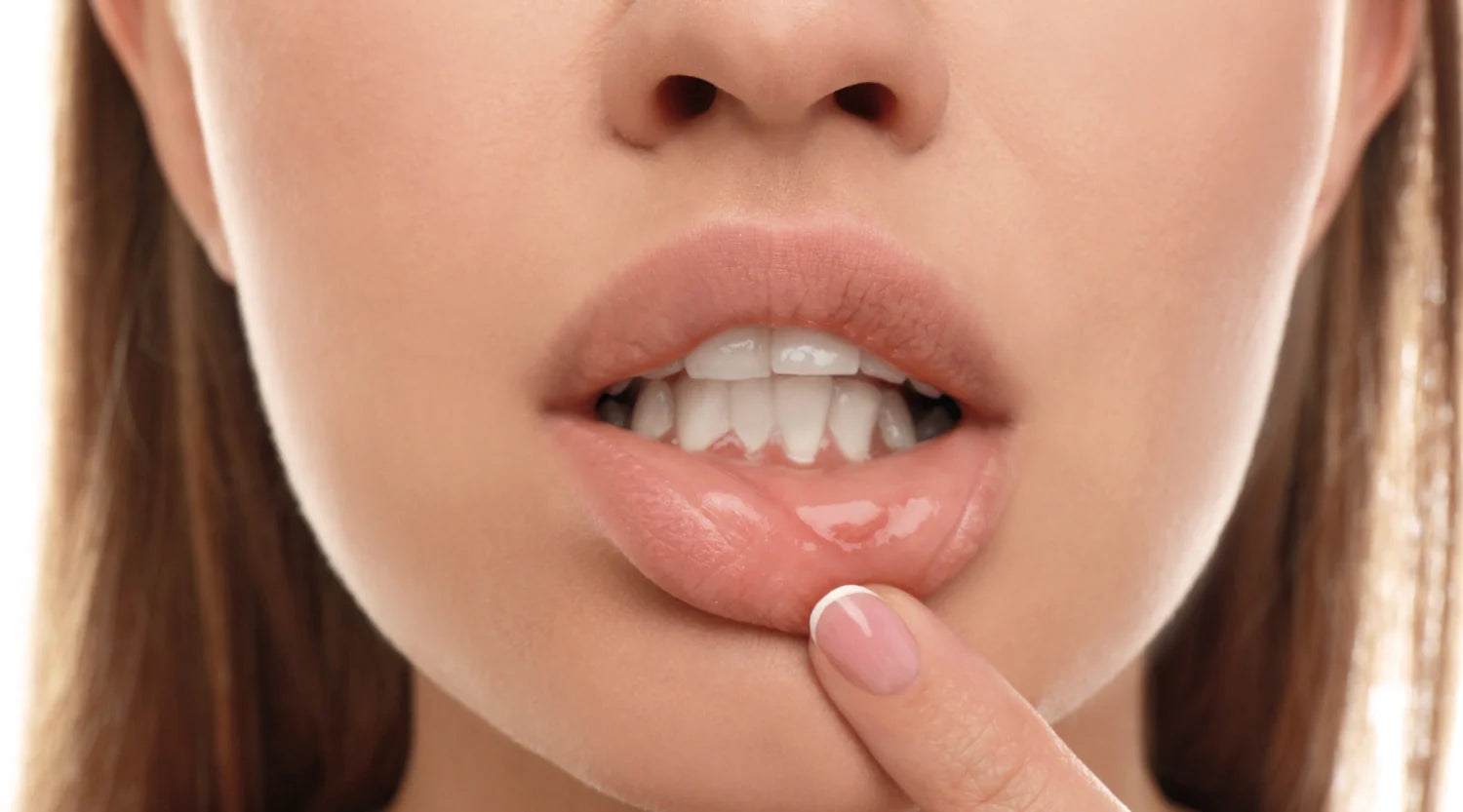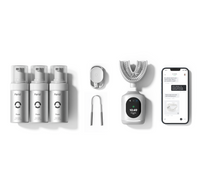
When to Worry About Persistent Mouth Sores: Warning Signs You Shouldn't Ignore
Essential Takeaways
- Any mouth sore that persists for more than two weeks should be evaluated by a dental professional to rule out serious conditions.
We've all experienced the occasional canker sore or irritation in our mouths. Most heal within 7-14 days without intervention. However, as both a dentist and health advocate, I'm concerned by how often patients ignore persistent mouth sores that could indicate something more serious.
Did you know? According to the American Cancer Society, approximately 54,000 Americans are diagnosed with oral or oropharyngeal cancer annually, with early detection being crucial for successful treatment.
Red Flags That Require Attention
If you notice any of the following symptoms, it's time to seek professional evaluation:
- Any sore, spot, or lesion that persists beyond two weeks
- White, red, or mixed white and red patches that don't wipe away
- Unexplained bleeding or numbness
- Difficulty swallowing, chewing, speaking, or moving your jaw or tongue
- Persistent sore throat or feeling that something is caught in your throat
What Could It Be?
Persistent mouth sores can have various causes:
- Oral cancer – While less common, this serious condition requires immediate attention
- Autoimmune disorders – Conditions like lichen planus or lupus can cause persistent mouth lesions
- Chronic infections – Bacterial, viral, or fungal infections may cause lingering sores
- Nutritional deficiencies – Lack of essential vitamins like B12, folate, or iron
- Side effects from medications – Certain drugs can cause oral lesions
Important fact: Early detection of oral cancer results in a significantly higher 5-year survival rate (84%) compared to late-stage diagnosis (39%), according to the National Cancer Institute.

Steps to Take
If you have a persistent mouth sore:
- Schedule an appointment with your dentist or doctor right away
- Document the issue – Note when you first noticed it and any changes
- Take photos to track any changes
- Avoid irritants such as spicy foods, alcohol, and tobacco
- Maintain good oral hygiene while awaiting your appointment
The Diagnostic Process
A thorough examination typically includes:
- Visual and tactile examination of the area
- Review of your medical history and medications
- Possibly a biopsy if the lesion appears suspicious
Prevention Is Key
While not all mouth sores can be prevented, you can reduce your risk by:
- Maintaining excellent oral hygiene
- Getting regular dental checkups
- Using the Feno Smartbrush™ for consistent, thorough cleaning
- Avoiding tobacco and excessive alcohol
- Eating a balanced diet rich in fruits and vegetables
Final Thoughts
Your mouth is a window to your overall health. Don't ignore persistent sores or changes – they could be your body's way of signaling that something needs attention. As healthcare professionals, we would always rather see you for something that turns out to be minor than miss something significant due to delayed care.
Remember: When it comes to your health, it's always better to be safe than sorry.

Feno Founders Edition Bundle
Advanced Oral Health in 20 Seconds with the Feno Smartbrush™
Get Yours Now!





